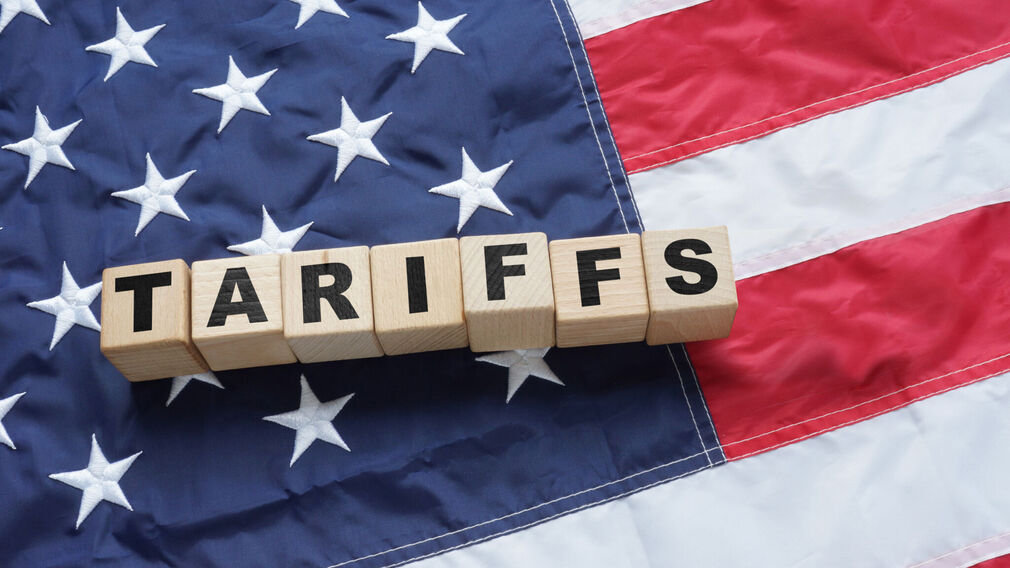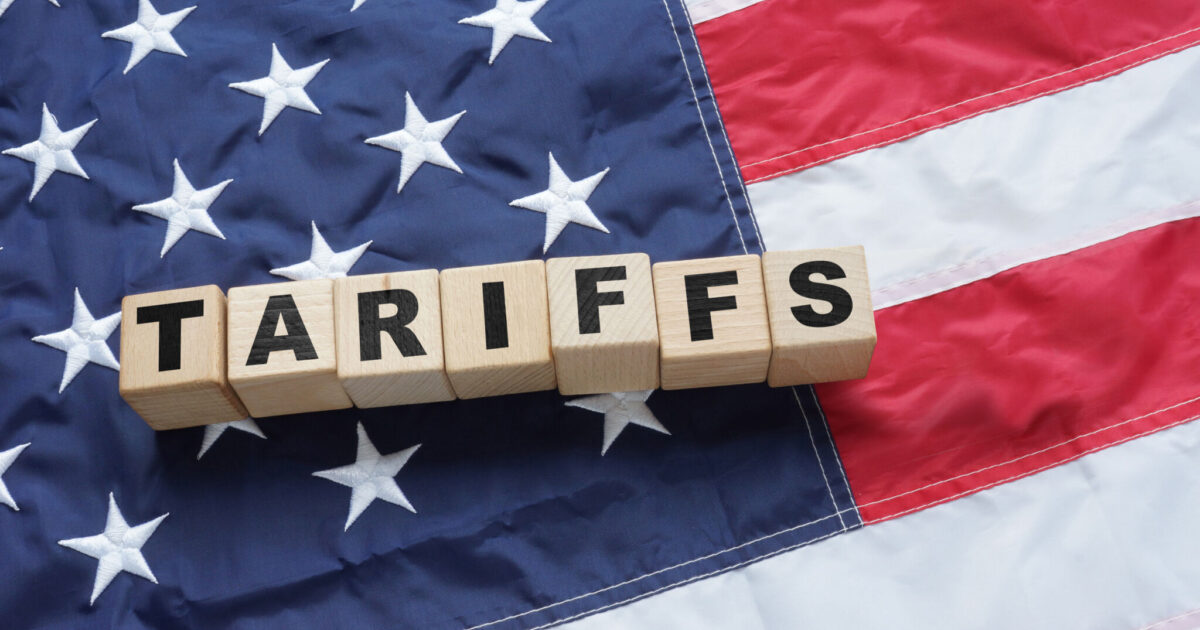
The USA has removed reciprocal tariffs on some agricultural goods, including beef, cocoa and some fertilisers. lmage source: Adobe Stock
US President Donald Trump has signed an executive order removing reciprocal tariffs on some agricultural goods, including beef, cocoa and some fertilisers, World Grain reported.
Signed on 14 November, the executive order took effect retrospectively from midnight the previous day, the 17 November report said.
“I have received additional information and recommendations from various officials who … have been monitoring the circumstances involving the emergency declared in Executive Order 14257,” Trump wrote in the executive order.
“After considering the information and recommendations …, the status of negotiations with various trading partners, current domestic demand for certain products, and current domestic capacity to produce certain products … I have determined that it is necessary and appropriate to further modify the scope of products subject to the reciprocal tariff imposed under Executive Order 14257, as amended.”
Although the White House had promoted the amended executive order as a by-product of the Trump administration’s success in negotiating new trade deals, critics viewed the move as a response to consumer concerns about US food inflation, World Grain
wrote.
Rising food prices are a major factor behind Trump’s declining approval ratings, which have fallen to their lowest since his return to power, according to a Reuters/Ipsos poll reported by Reuters on 18 November.
Welcoming the move, Leslie G Sarasin, president of the Food Industry Association (FMI) was quoted as saying in the World Grain report: “Many factors impact the price of food on grocery store shelves – including weather and crop yields, energy and transportation costs, packaging, and labour, among many others.
“Tariffs are an important factor in this complex mix of supply chain effects. President Trump’s proclamation to reduce tariffs on a substantial volume of food imports is a critical step ensuring continued adequate supply at prices consumers can afford.”
While welcoming the move, Melissa Hockstad, president and CEO of the Consumer Brands Association, said: “Building on this common-sense step, it is imperative that we continue to assess other types of critical inputs that are not readily available in the USA, like palm oil and other products on Annex III.”
Reciprocal tariffs were also rolled back on coffee, tea, tropical fruits, fruit juices, spices, bananas, oranges and tomatoes.
Trump also removed 40% tariffs on Brazilian food products, including beef, coffee, cocoa and fruits that were imposed in July in response to the prosecution of its former president Jair Bolsonaro, Reuters wrote on 20 November.
The order will affect Brazilian imports to the USA on or after 13 November and may require a refund of the duties collected on those goods while the tariffs were still being charged, according to the text of the order released by the White House.
Brazil normally supplies a third of the coffee used in the USA and is an important supplier of beef, particularly the type used to make burgers, according to Reuters.
